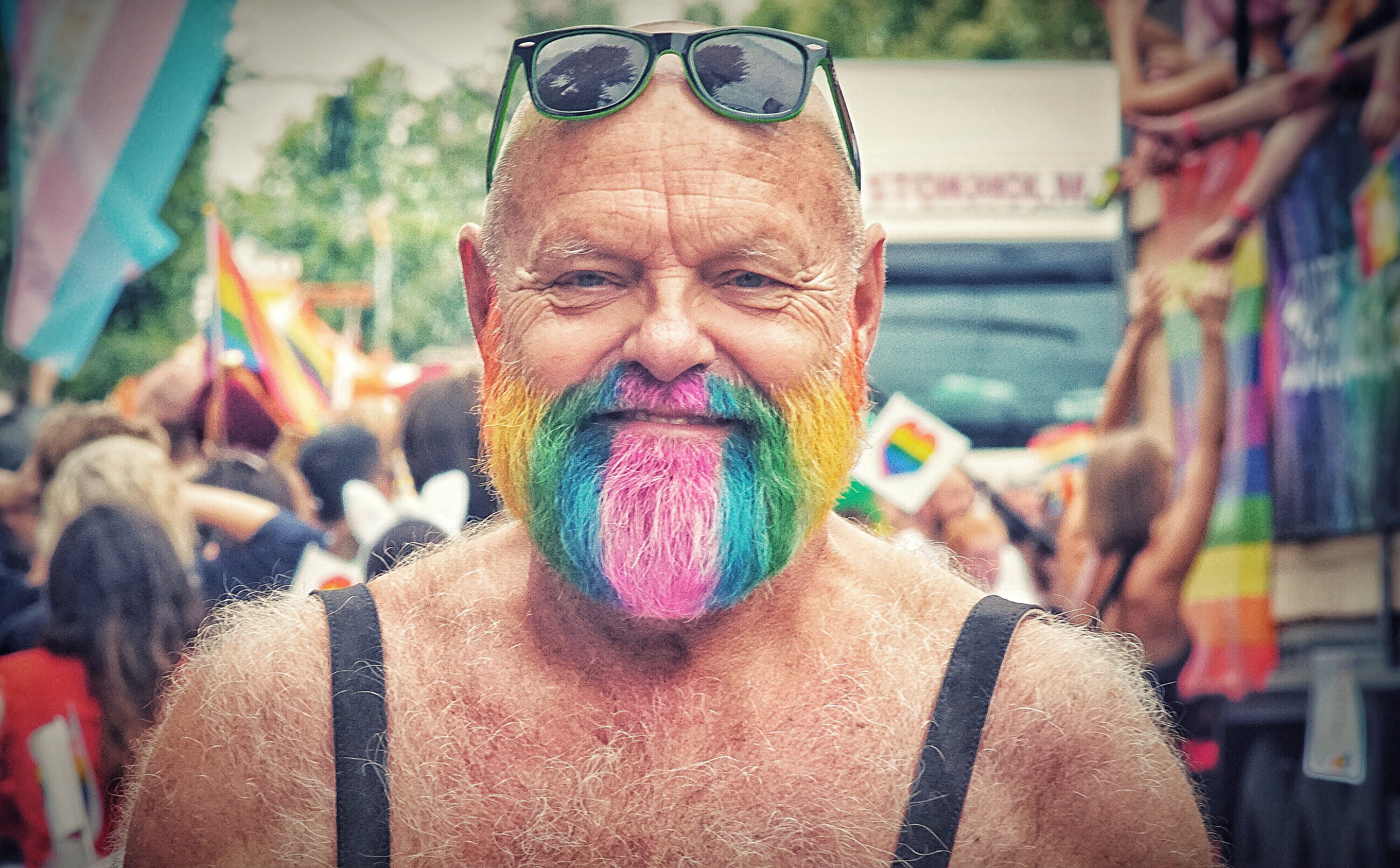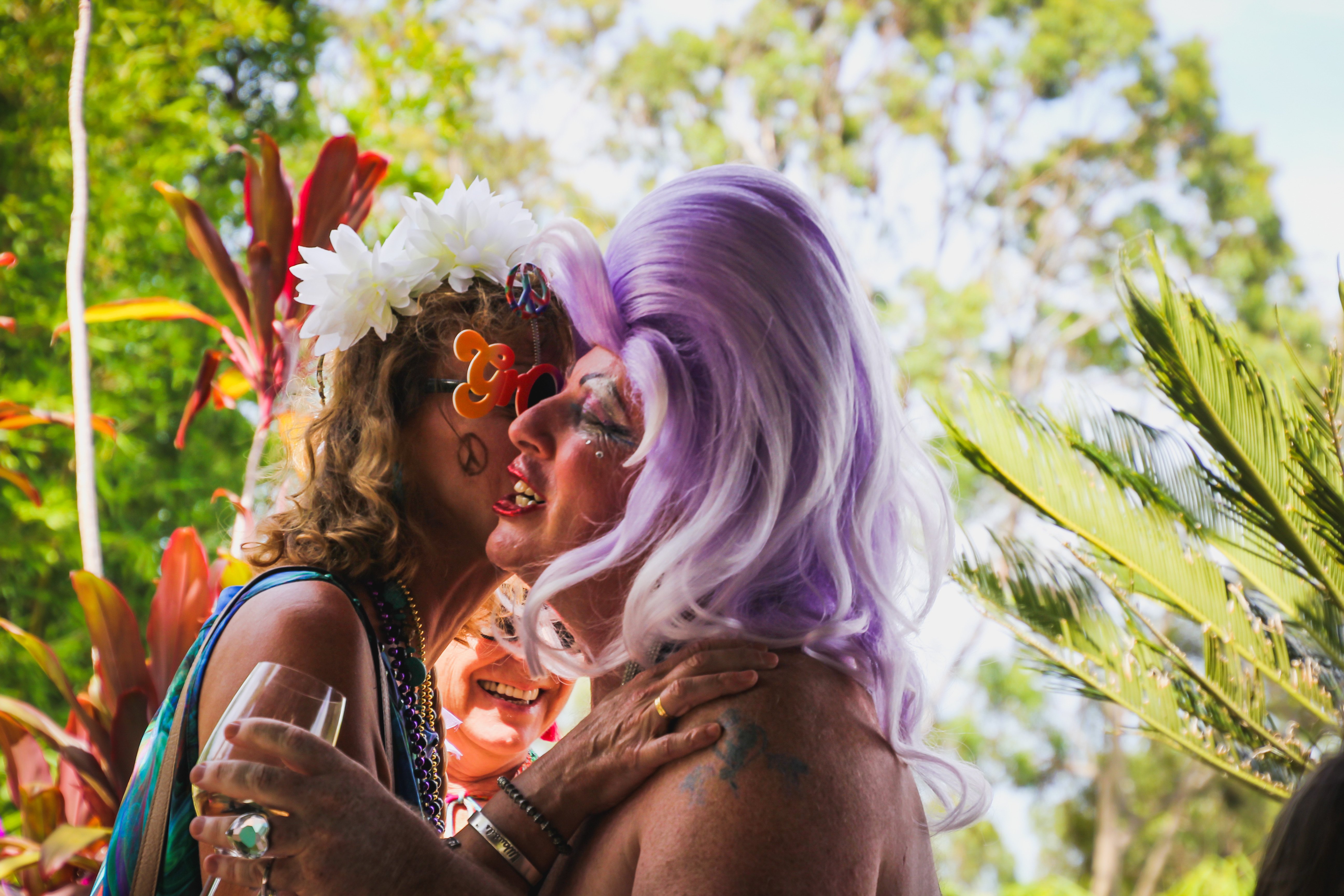5 Ways to support our LGBTQ seniors in the Seattle area
by Megan Marolf | Jun 17, 2021 | home health care, Pride month, LGBTQ seniors | 0 Comments

Every June marks the celebration of Pride, when people around the world celebrate the culture and achievements of Lesbian, Gay, Bisexual,Transgender and Queer people. It’s in part a celebration and also a time to support LGBTQ rights with activism.
In non-COVID times, there are festivals, parades and all-out partiers around the world. This year, many cities are hosting virtual celebrations, including Seattle.
For this year’s Pride, we’re asking how we can better care for our LGBTQ seniors in the Seattle area.
Here’s SeaCare’s guide on what families and advocates can do to ensure our Seattle seniors receive the type of care and quality life they deserve.
The unique challenges of aging for LGBTQ seniors
By 2030, it’s estimated that there will be 5 million adults that identify as LGBTQ, or about 2.5% of the U.S. population over 50.
LGBTQ older adults have different family dynamics than heterosexual or cisgender people of the same age, as their families are often estranged from them . So caregiving can often fall on people in their community, who are the same age and have their own health needs and concerns.
The Aging with Pride report from 2015 found that 45 percent of LQBTQ seniors live alone.
LGBTQ seniors are 4 times less likely to have children and 2 times more likely to be single. This means this senior population often relies on a “family of choice” for their caregiving needs.
The good news is, about 95 percent of these seniors feel good about their community and are content with their lives. AND there are ways to meet their caregiving needs with some preparation and forethought.
Get educated
Learning from the stories of these seniors can help put their unique challenges and triumphs into perspective.
Part of Pride involves raising awareness of the discrimination and harassment that LGBTQ people still face. Our senior population has often been left out of studies and research on these issues, though companies like AARP are starting to catch up.
A good place to get some education on the topic is learning the terminology around LBGTQIA. NPR has a guide HERE.
Once you understand the lingo more, you can listen to Unmuted, a collection of stories by LGBTQ seniors in Seattle, which cover everything from AIDS to gender identity to finding love. You can start by listening to audio excerpts of the stories or order the entire audio book HERE.
The LGBTQ center Gay City in Seattle lists area-specific resources on their website, such as ways to network for adults over 40. You can find the list HERE. The Northwest LGBT Senior Care Network has an extensive list of resources and services you can check out HERE.

Recognizing the needs of our LGBTQ seniors
Seniors in this group likely face more challenges than their heterosexual counterparts. There is still discrimination in housing and medical institutions, and lack of training in health services.
SAGE, which provides advocacy for LGBT seniors, partnered with AARP in a 2017 report on caregiving. As the report outlines,
“It’s also important for caregivers who are not part of the LGBT community to be mindful of the particular challenges LGBT people have faced. Just a few decades ago homosexuality was considered a mental illness and a crime in the United States. Housing, employment, and healthcare discrimination were common.”
With this in mind, it’s important to be sensitive to the experiences of LGTQ seniors and recognize any weariness or fear they have of these systems. Making a plan for care can help to avoid these negative experiences from repeating.
Make a plan for caregiving
If you yourself are a senior or know an LGBTQ senior, it’s never too early to think about who you might want as your caregiver, and who would be able to. Assessing your finances is one place to start.
Your Finances determine what type of care is available to you. Most people prefer to stay in their homes as they age. What company would you want to work with to provide care? Or would you prefer to live in an LGBTQ-friendly nursing home?
Find a medical provider that you and your loved one can trust.
LGBTQ seniors face higher risks of discrimination, mental distress, poor health and living along compared to heterosexual people of the same age. This senior population is more likely to avoid medical care, as they may have faced medical discrimination in the past.
Staying on top of your health can prevent disease and illness down the road. Being comfortable with a healthcare provider can make all the difference in staying healthy and actually showing up to the doctor.
Begin to think of a caregiving team
LGBTQ seniors are more likely to have a “chosen family” that stands behind them and supports them rather than a biological family.
Is it more likely that one person would act as your primary caregiver, or do you envision a community of people supporting you? For instance, you could assign one person to help with errands, one to help with medications, and one to help with personal care around the home and ensure that bills are paid.
SeaCare has a guide on solo aging for those who plan to age independently. You can read it HERE.
These are just a few steps to get ahead in planning for when you or your loved one will need care later in life.
Get involved
Tell Senators to support the Equality Act.
The bill already passed in the House, and would extend federal protection to prevent discrimination based on sexual orientation in federally funded programs, housing, employment and more.
You can sign your name and find info about calling your Senators to support the bill HERE.
SAGE is an advocacy group that affect policy for LGBTQ elders, you can stay on top of important policy decisions HERE.
Celebrate your LGBTQ seniors this month

Fittingly, this year’s Pride theme is Resilience.
You can check out Seattle’s Virtual celebrations HERE. If virtual parties aren’t your thing, then take yourself or your senior out to a fun meal.
SAGE is an advocacy group that affects policy for LGBTQ elders, you can stay on top of important policy decisions HERE.
SeaCare wants our seniors to age with Pride
When your loved one is an LGBTQ senior or you yourself are, we will work with you to provide compassionate and individualized care with your specific needs in mind.
To get a feel for how we treat our caregivers and our clients, stay up to date on our social media pages @seacarehomecare on Instagram and SeaCare In-Home Care Services on Facebook.
Megan Marolf writes about senior topics and outdoor recreation from her home base in Seattle. You can read more about her here.
Resources:
https://www.aarp.org/content/dam/aarp/home-and-family/caregiving/2017/05/prepare-to-care-guide-lgbt-aarp.pdf
https://www.diverseelders.org/2019/06/10/pride-month-caregiving-in-lgbt-communities/
https://age-pride.org/wp-content/uploads/2019/10/Seattle-King-County_Report_FINAL-with-tables.pdf
https://www.cbsnews.com/news/equality-act-lgbtq-protection-bill-senate/
If you or a loved one you know are looking for additional support during this time and are interested in scheduling a free in-home assessment, please contact SeaCare In-Home Care Services today! A SeaCare family member is standing by. 425-559-4339.



0 Comments